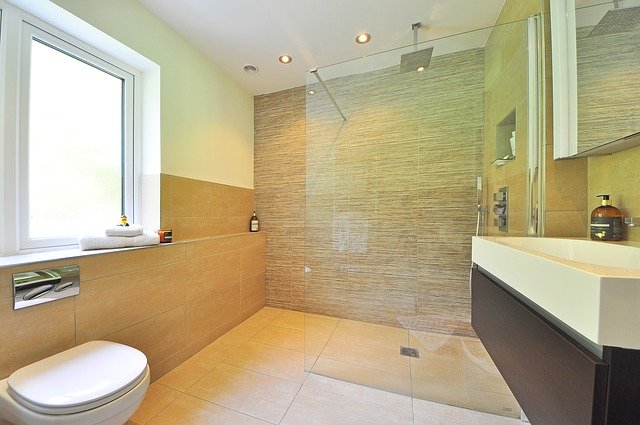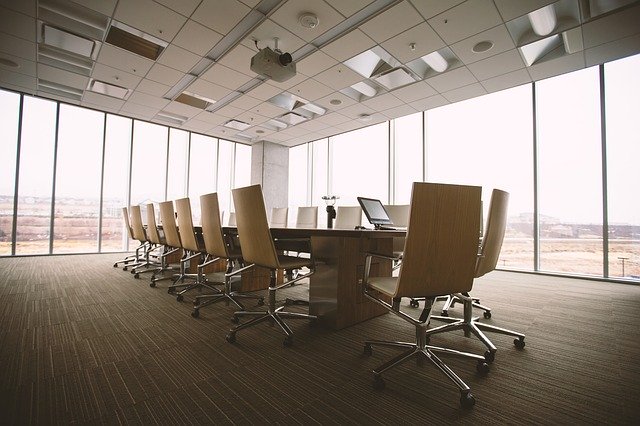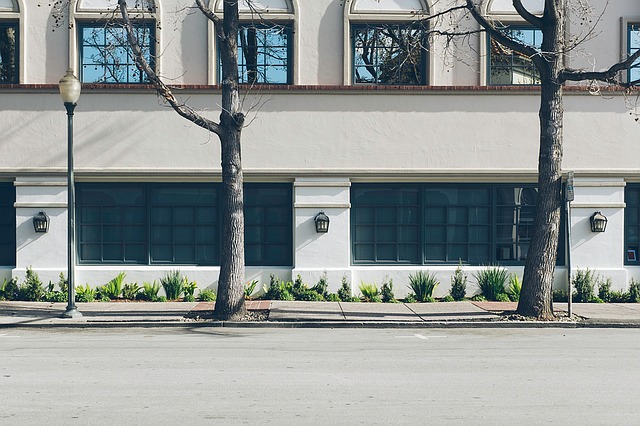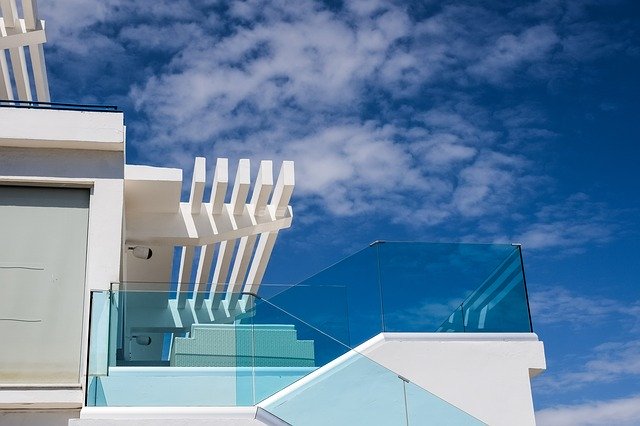Security Glass

It is well-known that windows are one of an office space or a property’s weakest points and can be readily damaged. If your primary concern is your safety and that of your valuable properties inside, closing the windows at night or during odd hours is not a practical solution. Instead, choose security glass to make sure that nobody will ever break through the windows and cause damage of any sort.
 Before reaching out to glass producers, it’s crucial to comprehend what security glass is, its various varieties, and how they can benefit you.
Before reaching out to glass producers, it’s crucial to comprehend what security glass is, its various varieties, and how they can benefit you.
What is security glass?
Security glass is a strengthened glass or glass substitute that protects a building’s most susceptible entryways and user interaction points. As a result, it is a specifically made glass that is significantly stronger than ordinary glass. The glasses can be fortified to withstand bullets, projectiles, portable weapons, and even explosions. Thus, these glasses are difficult to break.
In addition to its protective capabilities, security glass is made to break into non-lethal grains that won’t lacerate the skin. So an excellent way to ensure you are always safe is by using security glass.
Types of Security Glass
Security glasses often come in two main varieties:
- Tempered glass
 Tempered glass is a type of security glass that has undergone thermal and chemical treatment to boost its overall robustness. According to most glass producers, tempered glass is typically five times more robust than ordinary glass panes. This makes it more difficult for someone to cut through it and enter your apartment or commercial building.
Tempered glass is a type of security glass that has undergone thermal and chemical treatment to boost its overall robustness. According to most glass producers, tempered glass is typically five times more robust than ordinary glass panes. This makes it more difficult for someone to cut through it and enter your apartment or commercial building.
Tempered glass is not only significantly safer than conventional float glass, but it is also much stronger. Moreover, in the unlikely event it breaks, it shatters into tiny, smooth-edged fragments rather than sharp or spiky pieces. As a result, you’re less likely to cause yourself harm.
Tempered glass has virtually no limitations and is frequently utilized in a wide range of projects, including:
- Grand storefront displays
- Distinctive entries
- Structural elements used in contemporary building designs
- Cabinets with curved glass
- Spiral staircases
- Laminated glass
Laminated glass is another security glass type that is made by sandwiching a sturdy plastic layer, typically polyvinyl butyral (PVB), between two panes of toughened glass. The plastic layer (PVB) and glass are then chemically treated to guarantee that they are cemented together, resulting in a highly difficult-to-break glass sheet.
Laminated glass offers double protection. So when the glazing is smashed, it cracks inside the frame, but the PVB holds it in place.
The ability to add additional PVB layers and glass throughout the manufacturing process is another significant feature of laminated glass. In addition, laminated glass becomes bulletproof once it reaches a specific thickness (about 5 cm or more), fulfilling UL752 bulletproof criteria up to level 8.
Benefits of a Security Glass
- Enhanced security: As you’ve seen from the information presented, security glass is far more durable than conventional float glass. This can guarantee that your house or commercial building is secure from intruders.
- Soundproofing: Laminated glass is renowned for providing some degree of sound absorption. They are, therefore, appropriate for residents of noisy neighbourhoods.
- UV Light Protection: UV protection is a feature of some laminated glass varieties. You can also apply a film on the glass to reduce the quantity of light entering your business.
- Ballistic Glass: Security glass that is at least 5 cm thick can be considered to ballistic qualities. For people who have serious security concerns, this is a huge advantage.
Standards and Classifications of Security Glass
State building codes in the United States stipulate that commercial buildings must use security glass that meets specific standards. Among the organizations that set these standards are:
- The American Society for Testing Materials (ASTM)
According to this organization’s tests and standards, security glass must be able to withstand explosions as well as forceful entry.
- The European Standard (EN)
The European Standard conducts manual input tests, categorized under EN356. Tests determine how effectively a security glass can survive axes, sledgehammers, flames, and other forms of forced entry.
- The Underwriter’s Laboratory (UL)
The Underwriter’s Laboratory categorizes glass according to how well it resists different weapons and bullets.
Based on your structure type, you need to look for glass that has undergone inspection, testing, and approval by one of the organizations mentioned above.
Where can you find security glass?
Beverly Hills Glass is the place to go if you are seeking high-quality security glass. We are one of the top installers of all glass varieties in the United States, serving across Denver, Lakewood, Littleton, Arvada, Aurora, Thornton, Boulder, Centennial, and Superior. We provide and install quality glass that may be used in both residential and commercial structures. Contact us today if you have concerns about the safety and security of your home or business.


 Arthur Sermon2022-06-23We have 14 properties, and we use Beverly Hills Glass for all of them. From installs to maintenance, they are top-notch.
Arthur Sermon2022-06-23We have 14 properties, and we use Beverly Hills Glass for all of them. From installs to maintenance, they are top-notch. Harold Patsen2022-06-22I have used Beverly Hills Glass personally and professionally for years and always recommend them. They stand by their product and work and go out of their way to ensure you are satisfied. They also support community endeavors, which means a lot.
Harold Patsen2022-06-22I have used Beverly Hills Glass personally and professionally for years and always recommend them. They stand by their product and work and go out of their way to ensure you are satisfied. They also support community endeavors, which means a lot. Warren Dean2022-06-19Good place for glass. Good service
Warren Dean2022-06-19Good place for glass. Good service Adam Albert2022-06-18An outstanding job at a full third of the cost paid to a competitor just a few days earlier
Adam Albert2022-06-18An outstanding job at a full third of the cost paid to a competitor just a few days earlier Herbert Lamb2022-04-27Beverly Hills Glass is the best. James is fantastic, very knowledgeable, professional, and quick response. Every time I’ve called for repairs, James came out and fixed everything! Recommend them 100% for home or business. They are amazing!
Herbert Lamb2022-04-27Beverly Hills Glass is the best. James is fantastic, very knowledgeable, professional, and quick response. Every time I’ve called for repairs, James came out and fixed everything! Recommend them 100% for home or business. They are amazing! Devid Kesicns2022-04-27The best experience ever!! Excellent customer service!! Prompt service!! Excellent quality!! We would use them again in a heartbeat!! Thank you, guys!! And all during the busy holiday season!
Devid Kesicns2022-04-27The best experience ever!! Excellent customer service!! Prompt service!! Excellent quality!! We would use them again in a heartbeat!! Thank you, guys!! And all during the busy holiday season! Kelvin Karly2022-04-27Absolutely, we Will use them again for my other business.
Kelvin Karly2022-04-27Absolutely, we Will use them again for my other business. Haris Menila2022-04-26We have a restaurant, and we use them to replace my entry door—outstanding service. Super nice and perfect job done.
Haris Menila2022-04-26We have a restaurant, and we use them to replace my entry door—outstanding service. Super nice and perfect job done. Žak Hodaj2022-04-25Best glass repair in the city!
Žak Hodaj2022-04-25Best glass repair in the city! Caroline Marks2022-04-24I called them near closing hours, and they were able to help me the next day. It was affordable, and they did a great job. I really recommend this company. Great service. Thank you!!!
Caroline Marks2022-04-24I called them near closing hours, and they were able to help me the next day. It was affordable, and they did a great job. I really recommend this company. Great service. Thank you!!!







